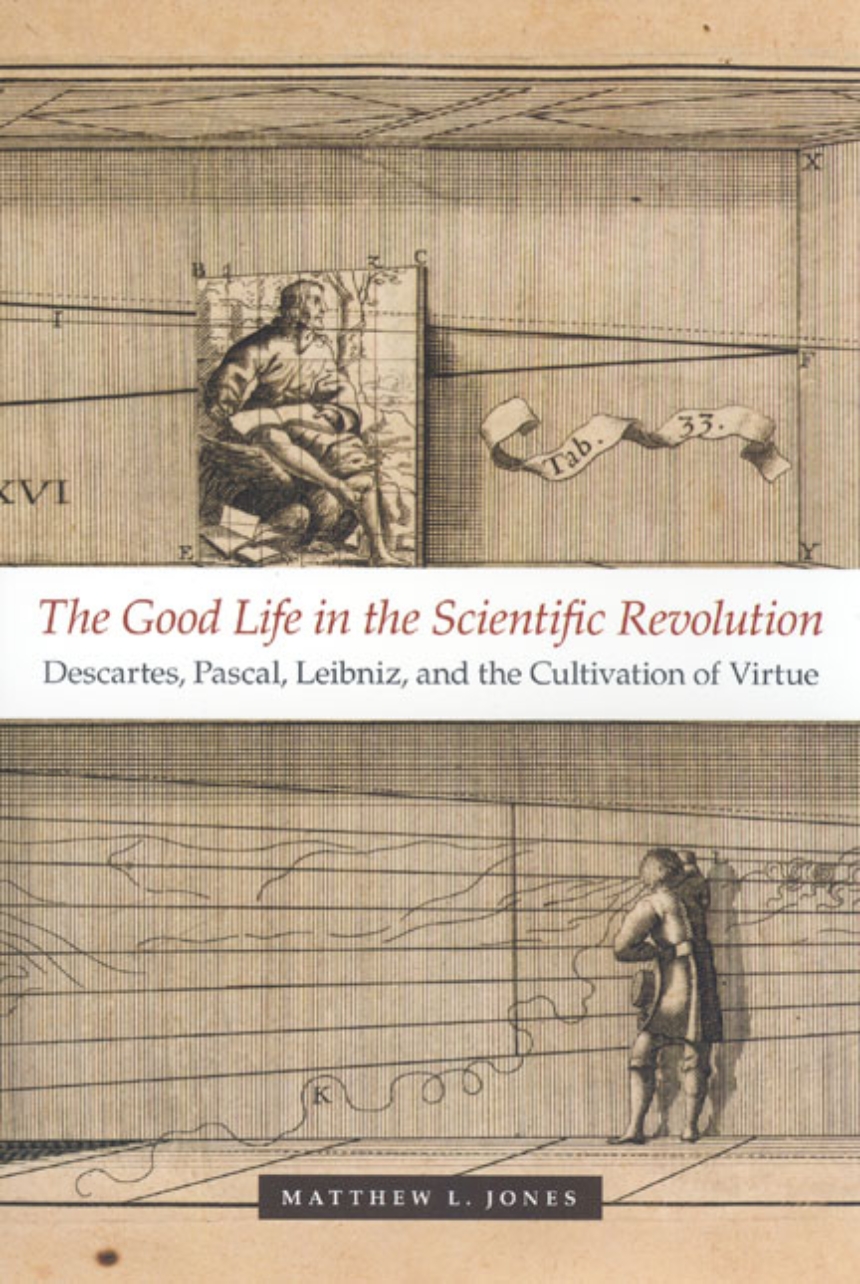The Good Life in the Scientific Revolution
Descartes, Pascal, Leibniz, and the Cultivation of Virtue
The Good Life in the Scientific Revolution
Descartes, Pascal, Leibniz, and the Cultivation of Virtue
Amid the unrest, dislocation, and uncertainty of seventeenth-century Europe, readers seeking consolation and assurance turned to philosophical and scientific books that offered ways of conquering fears and training the mind—guidance for living a good life.
The Good Life in the Scientific Revolution presents a triptych showing how three key early modern scientists, René Descartes, Blaise Pascal, and Gottfried Leibniz, envisioned their new work as useful for cultivating virtue and for pursuing a good life. Their scientific and philosophical innovations stemmed in part from their understanding of mathematics and science as cognitive and spiritual exercises that could create a truer mental and spiritual nobility. In portraying the rich contexts surrounding Descartes’ geometry, Pascal’s arithmetical triangle, and Leibniz’s calculus, Matthew L. Jones argues that this drive for moral therapeutics guided important developments of early modern philosophy and the Scientific Revolution.
Reviews
Table of Contents
Acknowledgements
List of Abbreviations
A Note on Conventions
Introduction
Part 1: Descartes
1. Geometry as Spiritual Exercise
2. A Rhetorical History of Truth
Part 2: Pascal
3. Mathematical Liaisons
4. The Anthropology of Disproportion
Part 3: Leibniz
5. Forms of Expression
6. Seeing All at Once
Epilogue
Notes
Bibliography
Index
